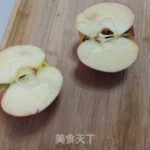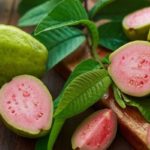Late-season oranges are currently in the peak of their harvest, and their prices in the market are extremely cheap, ranging from 15,000 to 20,000 Vietnamese dong. These oranges are delicious, sweet, juicy, and golden. Among all the citrus fruits, late-season oranges are considered to have the juiciest and most fragrant pulp. Unlike other types of oranges available in the market, late-season oranges are neither overly sweet nor sour. Therefore, consuming these oranges not only helps boost immunity and prevent colds but also offers a refreshing taste during the holiday season.
Here are some tips to help you preserve late-season oranges for a longer period:
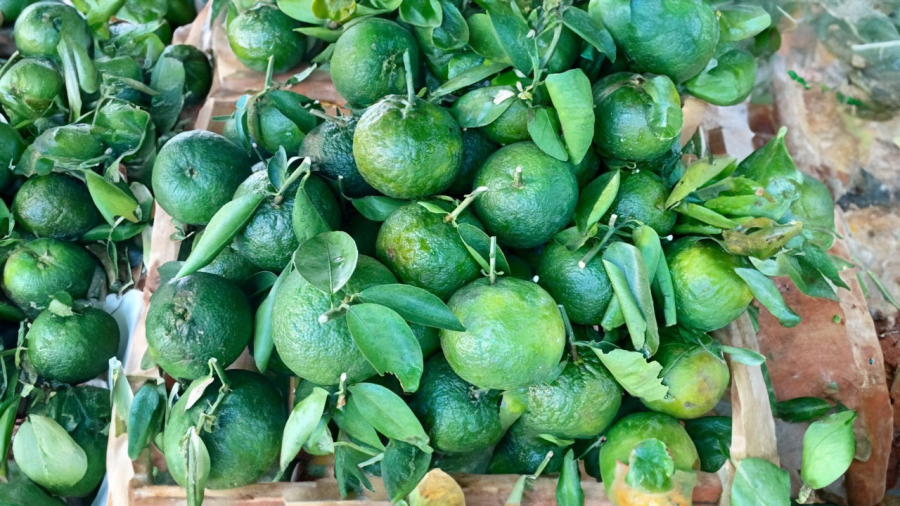
Start by selecting high-quality late-season oranges
When choosing late-season oranges, pay attention to the following points:
Select oranges with a round and uniform shape, without any deformities or excessively rough skin. The stem should be firm and not yellowed or loose. When you hold the orange, it should feel heavy in your hand, and the skin should not feel too loose. The color of the skin should be shiny green, with a slightly yellowish hue at the bottom. Avoid picking oranges that are uniformly ripe and yellow. Also, avoid buying oranges with withered stems, yellowed leaves, signs of insect infestation, or scratches on the skin. Such oranges may feel light and have a soft skin.
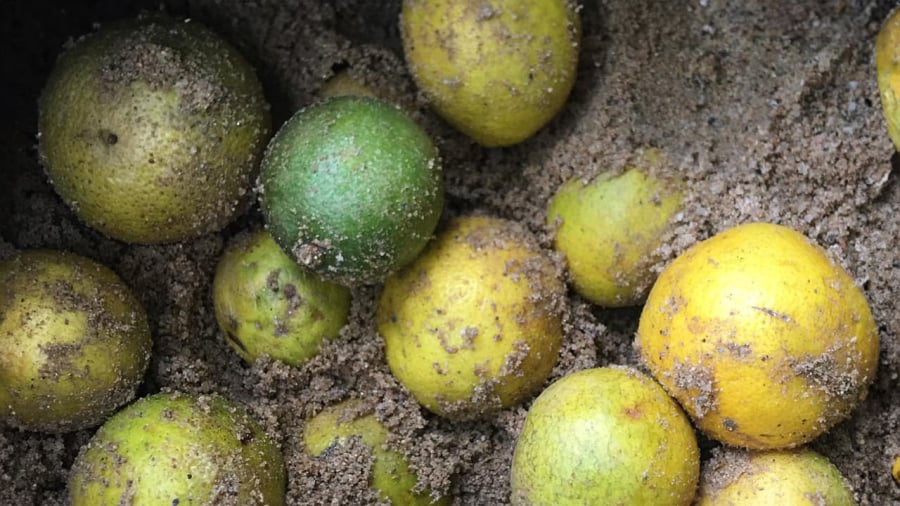
Preserve the oranges with sand
This is a traditional method used by farmers to preserve oranges, grapefruits, and tangerines during the bountiful harvest season when the prices are low and sales are slow. Dry sand helps maintain a good level of moisture in the skin of these citrus fruits. Therefore, you can use dry sand to bury the oranges inside a carton box and store it in a dry and well-ventilated place. Using sand is an effective way to preserve the quality of these citrus fruits for a longer duration.
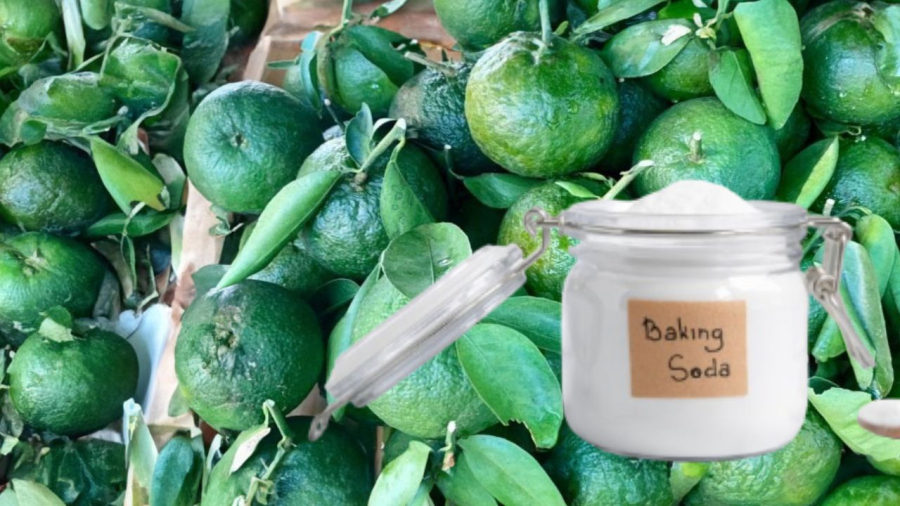
Use Baking soda
Baking soda is also a good antibacterial agent. You can dissolve baking soda in a basin of water and soak the oranges in it for about 1 minute. Then, dry them and put them in a plastic bag or nylon bag before storing them in a cupboard.
Use alkaline water
Alkaline water, which has a high pH level, tends to adhere to the orange peel, thereby preventing bacterial infiltration and preserving the oranges for a longer period of time.
You can mix alkaline powder with water according to the instructions and soak the oranges in the mixture. Afterward, let the oranges dry naturally without wiping them, as the alkaline powder creates a protective layer on the outer surface of the oranges.
Store the oranges in the refrigerator:
Before placing the oranges in the refrigerator, it is advisable to wrap each orange with paper to prevent the skin from drying out. Late-season oranges have a natural protective powdery layer, so it is best not to wash them before storage. Instead, wash the oranges right before consuming them and peel off the skin afterward. To prevent the skin from drying out, you can put the oranges in a sealed plastic bag. By storing the oranges this way in the refrigerated section, their freshness can be preserved for 2-3 weeks.
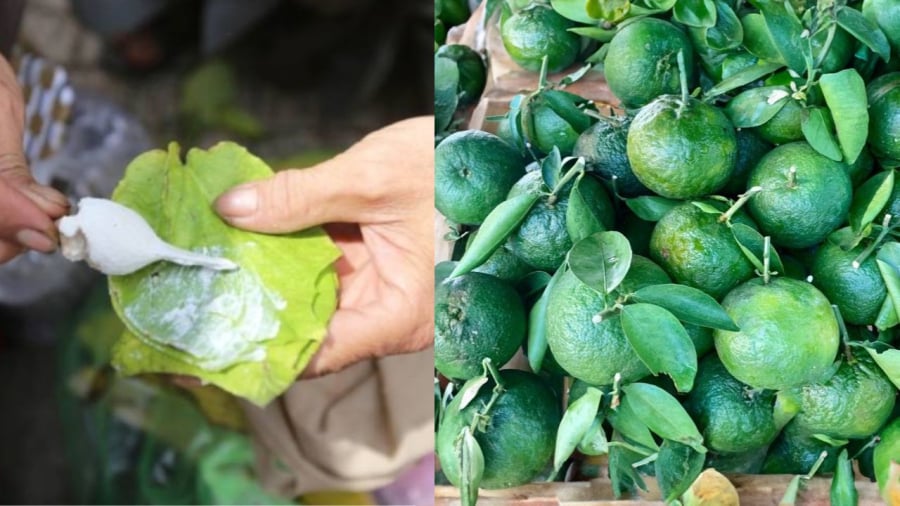
Apply lime paste on the oranges
This is another traditional method favored by our ancestors. After drying the oranges to prevent them from becoming wet and rotting, you can apply lime paste on the navel of each orange. Lime paste helps prevent the entry of insects and molds into the oranges.
Use pine needles
Pine needles have also been found to be effective in preserving oranges for a longer duration, as many farmers have discovered.
After soaking the oranges in salt water and thoroughly rinsing them, dry each orange. Then, take the cleaned and dried pine needles and place them inside a crate. Afterward, arrange the oranges in the crate with the stem end facing upward and alternating layers of oranges with layers of pine needles. Be cautious not to stack too many heavy oranges on top of each other, as it may cause deformation. Finally, place another layer of pine needles on top.
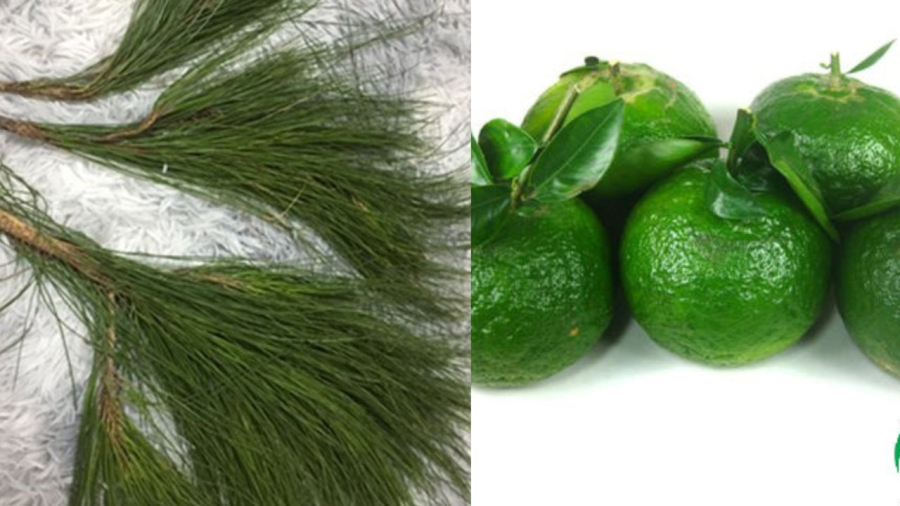
Late-season oranges are delicious fruits with numerous benefits for our daily lives. However, it is crucial to know how to preserve these oranges properly to prevent them from drying out and to maintain their freshness. Using sand, lime paste, and pine needles have been proven effective in preserving these oranges for a longer duration compared to refrigeration or alkaline water methods.
You can easily purchase baking soda and alkaline powder from stores. Lime paste can be bought from shops that sell betel leaves. Refrigeration is not recommended as it may affect the vitamin content of the oranges, and they may lose their natural taste when eaten cold.
`
























